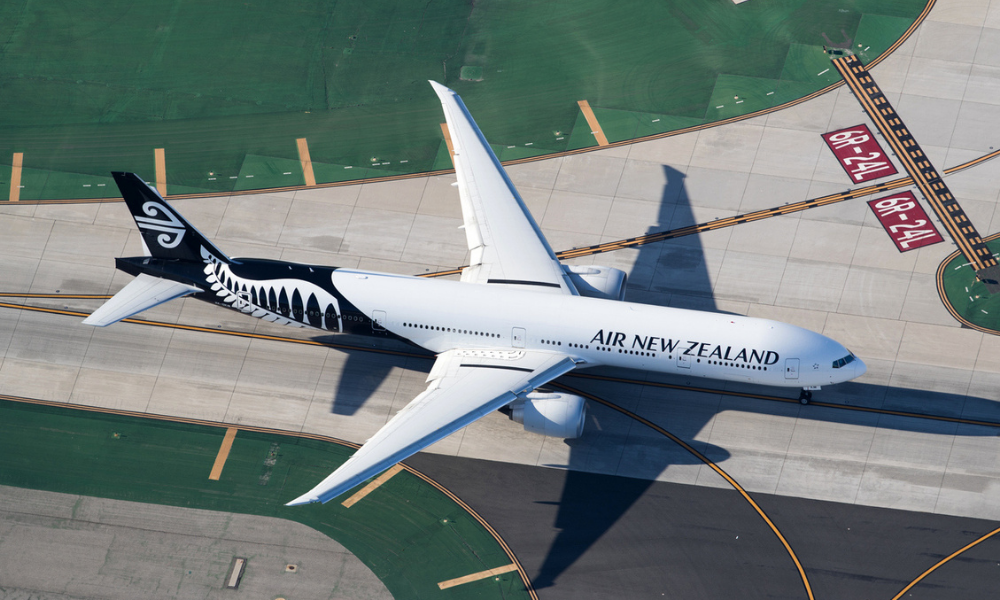
Consultation, unpaid leave, or redeployment await those who refuse

Pilots, cabin crew, and other customer-facing employees of Air New Zealand are now mandated to get vaccinated by November 14, according to the list provided by the airline to Stuff. Air New Zealand said the total number of employees covered by the mandate will be 3,700 staff, which already includes those who handle bags, cargo holes, and their managers. This is lower than the initial 4,100 staff members, but this could go higher after the company finishes negotiations with those involved.
According to Ben Johnston, chief medical officer, the company would conduct extensive consultation with those who will refuse the jabs and said their employment would depend on other available roles in the airline.
"But if a large number of people do not want to take the vaccine, there will always be a limitation of roles," he told Stuff.
An offer of unpaid leave is also available for employees who want to wait until another brand of the jabs is available.
Read more: Qantas announces compulsory COVID-19 vaccination policy for staff
The company early this month proposed making vaccinations mandatory for about 4,000 workers. However, chief executive Greg Foran reported that majority in the company did not take the decision lightly. However, the airline will push through with the mandate attributing it to the growing threat of the Delta variant, which threatens the company's previous anti-COVID scheme of testing, wearing personal protective equipment, and ventilation. Ben Johnston, chief medical officer, said the mandate is a necessary to prevent Delta from spreading.
"Our rationale is that we need to do something more to protect the health and safety of our workers," Johnston told Stuff.
He added that getting vaccinated is like another protection implemented in the company, such as wearing hearing protection and restraints when in an aircraft.
Air New Zealand is one of the first companies in the country to mandate the jabs, according to David Morgan, the airline's chief operational integrity and safety officer. Its decision sets a precedent for other companies mulling similar requirements.